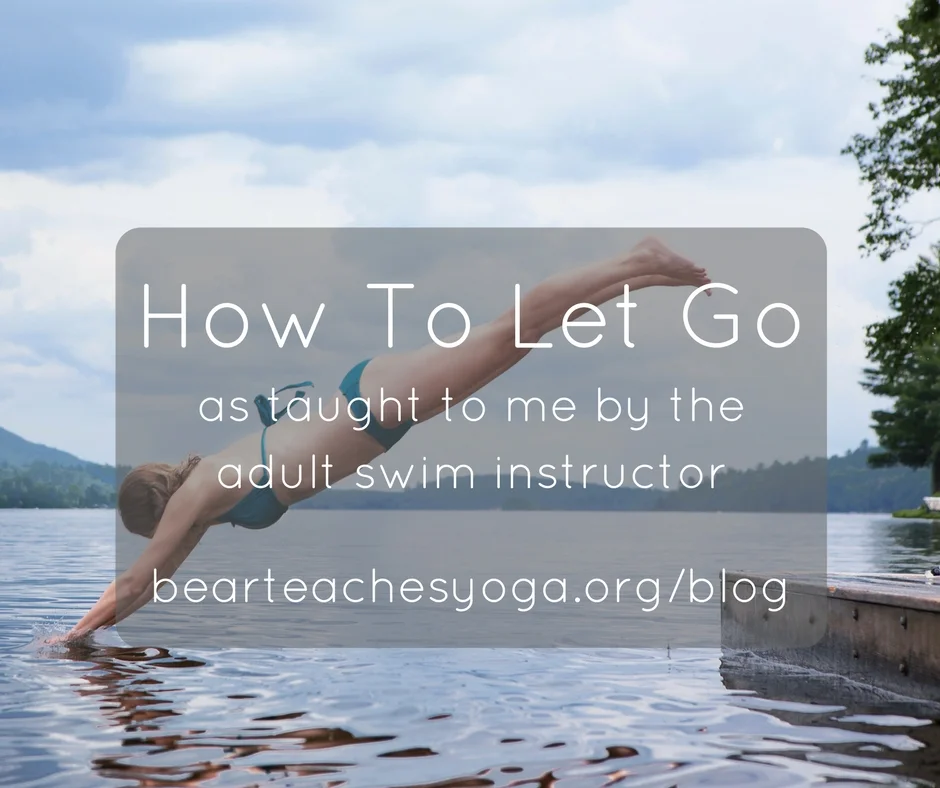EVERY WEEK I SEND OUT A LOVE NOTE FILLED WITH RESOURCES, MUSINGS, AND INSPIRATION ABOUT WALKING THIS PATH OF YOGA AND LIBERATION. CLICK HERE TO SUBSCRIBE!
In the mundane and the spiritual, we tend to think that our pain is our fault.
Big as cancer or small as papercuts, when something painful happens, we first blame ourselves.
This is no surprise when you consider that we live in a super victim blaming culture.
“What was she wearing?” we ask, as if male sexual entitlement wasn’t at the root of rape culture.
“Why didn’t he just comply with the cops?” we say, as if police brutality hasn’t targeted Black people for decades.
Victim blaming doesn’t come from nowhere.
Victim blaming is the logical counterpoint to the myth of the meritocracy.
Meritocracy is the idea that if someone is successful in our society, in terms of money or career or whatever, that it’s because of their own hard work and deservedness.
In the myth of meritocracy, the systems and structures (patriarchy, white supremacy, et al) that unfairly prop up some among us while holding others of us down are damn near invisible.
So if you don’t have material wealth or professional accolades or social status, it’s easy to think that must be because of your own personal shortcomings.
Victim blaming is everywhere around us, and we’ve internalized that belief.
We turn it on ourselves and each other.
And by extension, when you're unemployed or heartbroken or injured, it's a quick mental leap from taking responsibility to blaming yourself.
And thus we suffer.
Start to notice when you blame yourself for your pain. Notice when you blame other people for their own pain.
And then instead, investigate where the blame really belongs.
Some pain is random. A lot of pain has a systemic cause. Very little of it is your fault.
It’s not that we don’t have to take accountability for our actions. Far from it! But doing so without an awareness of how our individual actions exist in a larger cultural context not only damages ourselves and each other, but also allows a deeply flawed and unfair system to flourish.
When we aim our blame inward instead of upward, we all suffer for it.
What if instead of self-flagellating, we turned that righteous indignation towards the powers that be? Imagine what we could do if we took all the energy we spend making ourselves feel bad and aimed it at dismantling the systems that oppress us.
Free yourself to free each other.
Imagine how the world might change.
Much love,
Bear
Popular Posts










